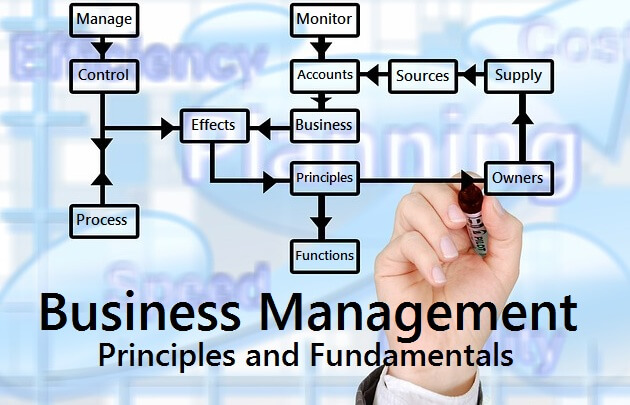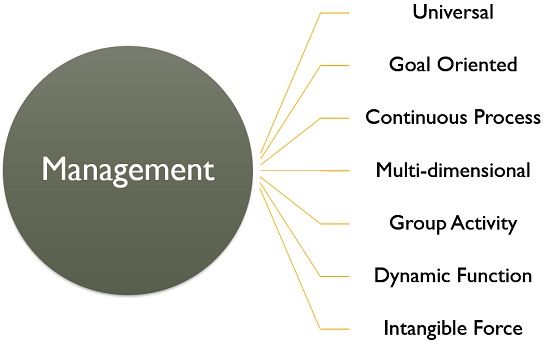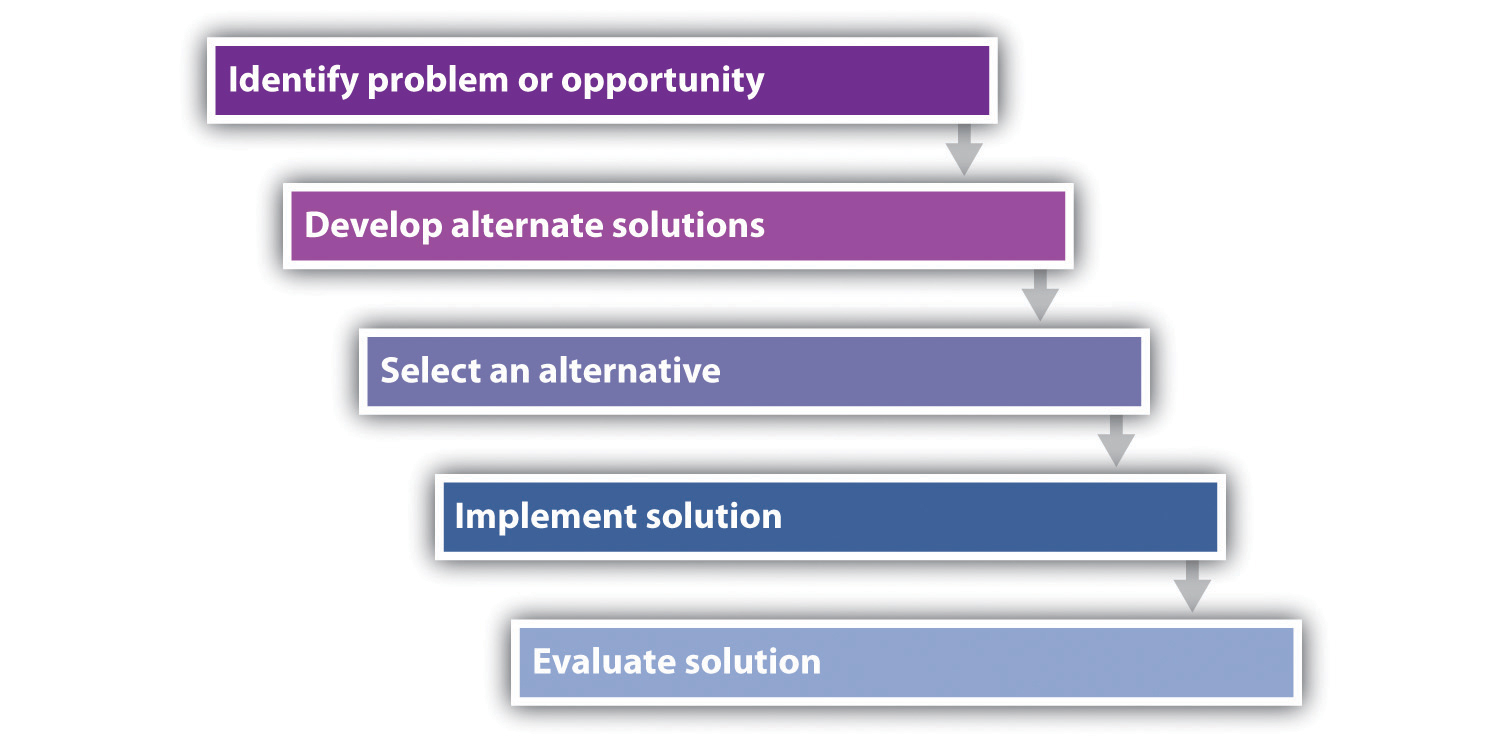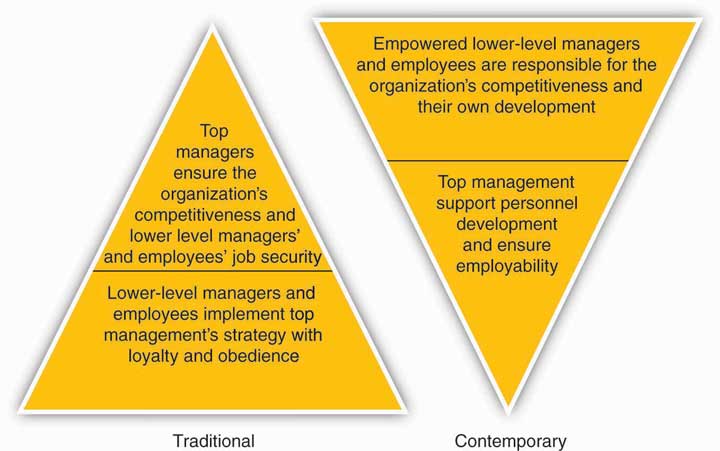What Is Management?
The management process involves planning, organizing, directing, and regulating an organization’s or corporation’s actions and resources to accomplish its goals in a fluid, unexpected, and effective environment.
It keeps an eye on and controls the company’s business and financial operations.
To encourage cooperation and complete the organization’s goal, Management also requires creating a work environment for employers and employees.
It instructs a group of people to coordinate their efforts in a specific way to accomplish the organization’s goal.
What Is Business Management?
The organization, planning, and analysis of the many business operations required for a business’s successful administration and function are the main areas of concentration for business management. As you examine what makes an organization successful in today’s competitive and crowded global business world, Business Management will give you the skills and information necessary to deal with businesses of any size, from multinational corporations to start-up firms.
Businesses must complete a range of duties correctly to ensure efficient operation, which is crucial if the firm grows across the board and has a solid reputation in the market. Since many firms never have the chance to compete successfully in their intended markets, many enterprises collapse due to administrative and operational failures. When considering diverse needs, it can be difficult to understand market dynamics and elements contributing to success. The market’s demands can change quite a bit over time.
Management is known as managing and planning a company’s activities. Business managers are in charge of managing daily operations and assisting employees in maximizing output.
Features of Management In An Organization:
- Management is a process focused on goals.
- Almost everything is managed
- Management Has Multiple Facets
- The management process is ongoing.
- Management is a collective endeavor.
- The function of Management is dynamic.
- Intangible
- composite method
In the absence of Management, no organization can run successfully. The following are the main benefits of Management:
Management creates a dynamic organization:
Organizations must adapt to a changing environment to exist, so managers constantly adjust the organization to reflect these changes. In general, organization personnel is averse to change. Effective Management encourages staff to embrace changes voluntarily by persuading them that these changes benefit the organization and enhance staff members’ productivity in a cutthroat workplace.
Management helps in the development of society:
Effective Management always has many goals and places a high value on social responsibilities to various stakeholder groups, including employees, clients, and suppliers. It insists on offering high-quality products, supports competitive salaries, creates job opportunities, etc. Increasing production management also helps to bring about an increase in GDP (gross domestic product), which promotes national development.
Management helps in achieving personal objectives:
An effective manager maximizes profitability for both the employer and the workforce. Managers guide the crew so that individual employee goals and organizational objectives are met.
Since both organizational and personal goals are in the same general direction. Both the individual and the organization desire maximal output. By generating more, employees can earn more money. This will meet the objectives of both organizations.
Management brings harmony to work:
Employees in an organization come from different backgrounds, have different attitudes, and operate in different ways. If everyone in the organization adopts their working style, chaos and confusion may result in the workplace. By issuing instructions, managers encourage consistency and harmony among employees’ actions.
Four reasons why managers are essential in an organization:
- Contribute to decision-making
- encourage work
- Set objectives.
- Recruit and train new hires
Play a role in decision-making:
Making decisions can be challenging, mainly when there are divergent viewpoints. Therefore, having just one person make the final choice will make the process smoother. The manager would select the option that will help the team achieve its objectives, for instance, if a decision is divided evenly among the team members.
Translating the objectives of upper Management to their team is another important task for managers. Therefore, managers consider employee and upper-management perspectives when making decisions to ensure the best choices are selected.
Facilitate work:
The capacity to delegate is a crucial talent for managers. As a manager, you’ll have a lot of responsibilities, so giving your staff some of these responsibilities will ease your workload and provide them with practical work.
Selecting the appropriate individual for each task is another suggestion for streamlining labor. Use the individual skill sets each team member brings to the table to determine who will successfully complete tasks.
Contributor to the Harvard Business Review Marcus Buckingham compares effective managers to checkers players and excellent managers to chess players. This illustration shows how each checker piece has the same values and advantages. And while winning a game of checkers requires strategy, the details are thought of as being interchangeable. Each chess piece, however, has unique qualities and powers. The goal of this game is to move the elements according to their own capabilities rather than using them interchangeably.
To set goals:
Managers are crucial in helping employees understand the objectives of higher Management. They transform the demands and goals of the CEOs into tasks that their staff can achieve while also considering their dreams.
For instance, if the CEO wants the marketing team to increase organic traffic, the manager would collaborate with their team to set smaller objectives to help them reach the overall goal of increased organic traffic.
Hire and train new employees:
To quote Zhuo, “you [managers] have an advantage when it comes to locating and closing talent because prospective candidates are often interested in engaging with senior executives.” A good manager knows the abilities required to achieve the best results. As a result, the manager must select the best prospects for their team.
Additionally, managers should train their staff members in addition to hiring them. Employees who aren’t adequately trained are more likely to make mistakes, produce subpar work, and fall short of their objectives in general. Due to their desire to succeed but lack of instruction, the employee likewise finds this to be a challenging experience. To ensure adequate performance, managers should take it upon themselves to train their staff.
Management Education Equals Personal Development:
The goal of management programs is to mold students’ total potential. They focus intensely on abilities including communication, self-management, complicated problem solving, and critical thinking. According to the Future of Jobs Survey 2020, these talents are also among those that employers value the highest. The decision to pursue a management certification can be made at any time, immediately following graduation or after acquiring some job experience.
Modern online education programs are a great way to upgrade your skills for a management profession, like the Executive Management Programme offered by IIT Delhi. Banking, retail, manufacturing, telecommunications, and healthcare have employment prospects for qualified applicants with the proper training and experience.










